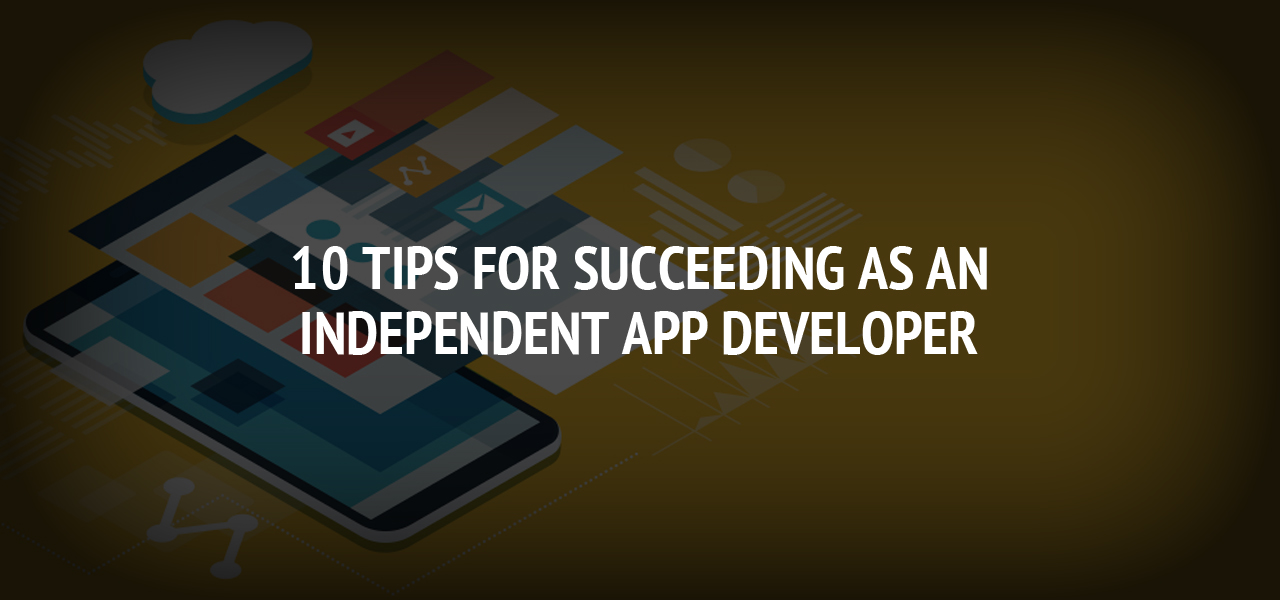Is MVP Being Best for Your Mobile App?

Often when you start a business and consider designing an app for your business the main question that often plagues is whether users will like it or can it be relatable? This can be answered by the Mobile Application Development Services and the technology of MVP it is an acronym for Minimum Viable Product. MVP can be an answer because it is an app model that is feedback-driven, which can help in managing the development of a product from an early stage.
MVP relies on real-time responses of the users, which the mobile app developers use to further the developing of the app. However, before considering using MVP, one needs to understand what exactly it is, how it works and why it can be the best mobile app for you.
What is MVP (Minimum Viable Product)?
MVP is defined as a development technique that is used for developing a new website and mobile apps. It has enough features that have the ability to satisfy the early adaptors of the product. However, the final product is designed and developed after taking the feedback from the initial users of the product.
MVP can be explained as a product that is released in its most precise version with these three primary characteristics:
- People can see enough value in the product to buy or use it willingly.
- The product can showcase enough benefits for the future that the early adopters retain it.
- A feedback loop is given for the future, development and enhancement of the product.
The focus of the app developed in MVP is the technique used with the assumption that the early adopters will understand its utility for the future. Then the product will be developed by the mobile app developers using the users' feedback as a guide to developing it further. Hence for a mobile app that is technically oriented and looks for feedback, MVP is the best platform for it.
How does MVP Work?
A Mobile App development company will let you know that the time required to have an end product is quite significant. The mobile app developers further develop the app the final product is launched in the market. After this, the mobile app development company along with the mobile app developer and the client has to wait patiently to get the reaction of the users. The response can go either way, that is they can like it or not. In case the response is negative then the time and money that has been put in developing the mobile app and the product is a waste of time.
MVP is different than this because it allows a method in which the mobile app’s launch can be sped up.
The developer is required to implement the essential features of the app and launch it to a target audience. After this, they start receiving the feedback on the overall concept as well as on the details of the app. The developers then take these feedbacks, analyse them and use it to develop the app further, catering it better for future users. The technology of MVP allows the owner to spend less money and time before launching the finished product and has a better chance in succeeding than the ones that have not used MVP technology.
Why MVP Is Best For Your Mobile App?
Before delving into some points that can demonstrate why MVP is the best for your mobile app here are some facts about the negative impact a business app can have without using MVP.
- Most start-up apps fail because they lack the ability to scale.
- Most start-up apps run out of money before they can fully develop an app that caters to the audience properly
- A newly launched app without the MVP technology lacks the ability to get and implement the proper feedback.
So to avoid these pitfalls it is important that when you decide to have a mobile app find a mobile application development company that will use the MVP technology to develop your app. A well-established company will have Mobile App developers who will know the technology and showcase the benefits to the client of having MVP for the mobile app.
Here are 7 reasons why MVP is best for your mobile app.
- Lean Start-up can be successful: Lean Start-up MVP is quote supportive. Since Lean Startups are based on ideas and is done under a restricted budget and time, the mobile app MVP helps it to reach the customers faster and acquire them. The MVP technology provides a quick insight into the market and the trends while giving a perspective on the future of the app/product. As a result, a Lean Start-up can become a success.
- Reduce guesswork:With MVP a business mobile app can test its value in the market without spending lots of money and time. With this technology one can touch the surface of on the product’s performance and check the difference it makes to the users. MVP gives the owner the option to include and remove features by knowing exactly what the audience wants by presenting some options before launching the final product.
- Cost effective: MVP does not require having all the features from the beginning hence it is cost-effective. With MVP one can test each feature and determine the interactive personality of the product while generating revenue before launching the final app.
- Better technical performance: Since a mobile app with MVP can be tested it allows you to gauge its technical performance from the initial stage to get a clear picture of the app.
- Better resource management: A better understanding of the demands of the customer about the app enables you to deploy better resource management by utilizing proper tools.
- Improved security: MVP allows you to correct mistakes including any gaps or critical hurdles related to security of the app.
- Enhanced feature: By resolving issues from the initial stages the risk of having dubious and shaky features are less in an app developed using MVP. With customers stating what they want the features of the product can be enhanced before the final product is launched.
There are products like Facebook, Uber, Snapchat and other brands have used MVP for their mobile app. The reason being the technology can be tested and gives a better result than those apps that do not use MVP. Hence when you consider having a mobile app does consider MVP.
About The Author
Related Blog
View All-
10 Tips for Succeeding as an Independent App Developer
Is it possible for an independent app developer to survive in this competitive environment when there are over 18.2 million developers either working for a company, firm or a startup? This is probably the most common and frightening question that crosses the mind ...
-
Top Tips and Necessary Features of E-Wallet Mobile Application Development
E-wallets are cutting short the need to have an actual wallet loaded with cash and cards everywhere you go. E-wallets are fairly new and still, not a lot of people have warmed up to the idea of carrying a digital wallet around. However, its market is slowly increasing ...







